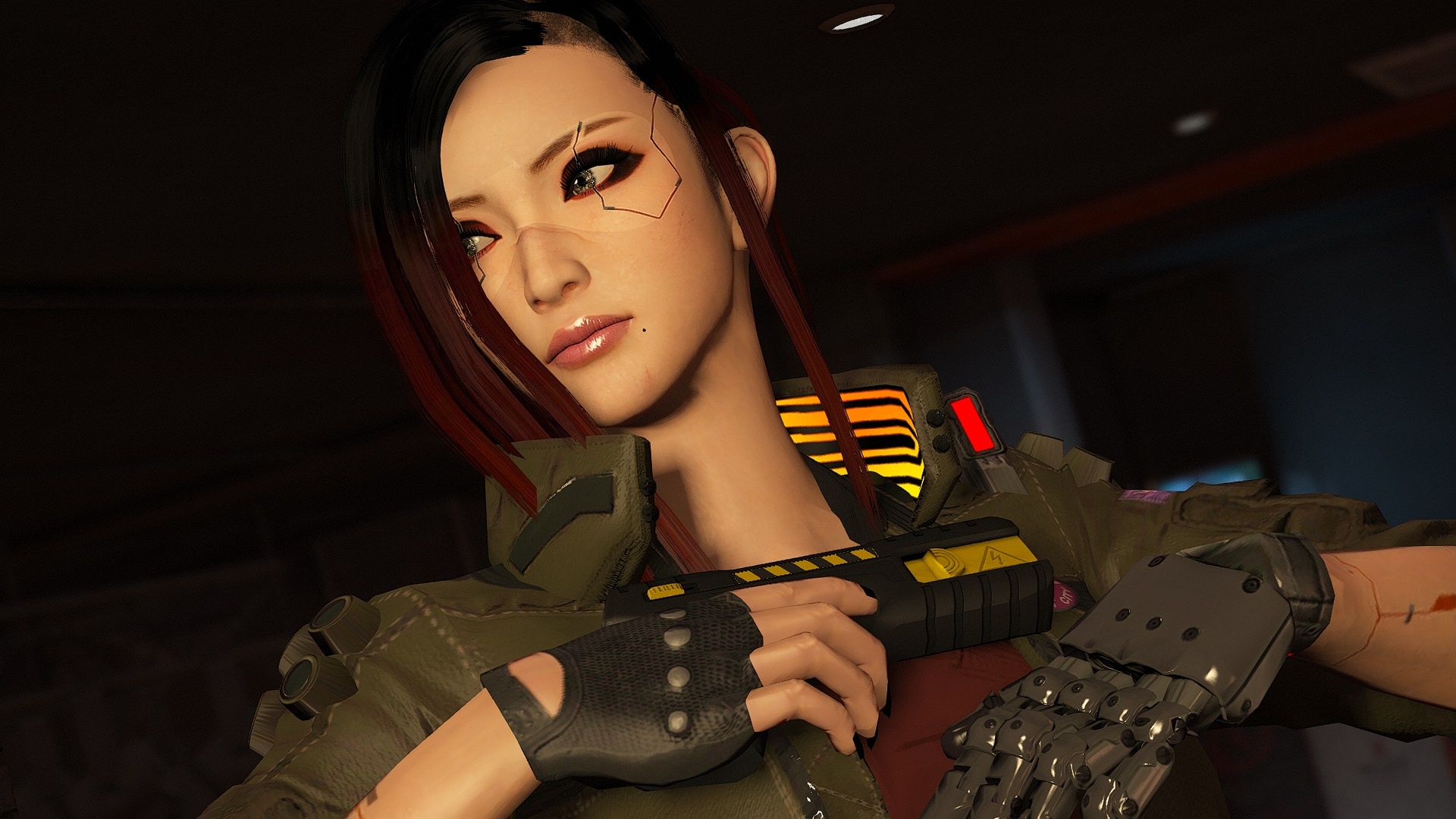

We've heard it all many times now, right? The Xbox Series X has 12 teraflops of gaming power, while the PlayStation 5 has 10.28. The PS5 can run games at 4K resolution, while the Xbox Series S can do so at 1440p. One console can do this, another can do that.
It's a tit-for-tat specs war that, really, puts massive emphasis on things that really don't have much impact at all on how enjoyable a game is. Guess what, Assassin's Creed Valhalla is just as much fun on PS5 as it is on Xbox Series X, despite the Xbox Series X boasting that extra 1.72 teraflops.
I mean, most gamers don't even know what a teraflop is. But higher number = better right? Well, not necessarily, as Nvidia's true next-gen game-changer, Deep Learning Super Sampling (DLSS) technology demonstrates. And, in my mind at least, DLSS is far more important to the next-gen of gaming than teraflop or resolution boasts, and here's why.
Deep Learning Super Sampling technology is super cool as it uses artificial intelligence to make it easier for a system to real-time render graphics. It works like this. Nvidia's RTX hardware comes with dedicated Tensor Cores, which are dedicated AI processors that form a deep learning neural network that renders in-game visuals using fewer pixels than a resolution would normally demand, and then uses the AI to upscale those lower resolution images on the fly to the target resolution.
In layman's terms this means that DLSS means that games can be displayed at a certain resolution with less resource impact on the system itself, meaning that it is easier for the system to display games at high resolutions and, crucially, with higher frame rates and more fancy special effects turned on.
And, after using DLSS myself while playing Cyberpunk 2077 on my mid-range home gaming PC, let me tell you – the results are dramatic. At 1440p I can play the game at a framerate that consistently sits over 45fps and with all the juicy eye-candy like real time ray tracing turned on. It has transformed a modestly powerful system into one that can play the latest AAA hotness and make it look great.
The fact that DLSS puts a large emphasis on improving framerate is just so important, as it is something that the wider gaming industry is only starting to really recognise as incredible important to delivering great gaming experiences. I don't really care if my game runs at 4K or 2K, but I do care if the framerate plunges below 30fps, with 60fps or more ideal.
Get all the latest news, reviews, deals and buying guides on gorgeous tech, home and active products from the T3 experts
DLSS enables this, even without god-tier hardware. And that is something that all gamers should be very enthused about. DLSS tech is rumored to be coming to the Nintendo Switch Pro, for example, and looks like a key reason why the system will be able to play games at a 4K resolution and with higher framerates than the standard Nintendo Switch or Nintendo Switch Lite.
Meanwhile, Nvidia's rival AMD is currently working on its own version of DLSS technology, FidelityFX Super Resolution, and considering that AMD tech powers both the PS5 and Xbox Series X, gamers should be hopeful that it will unlock even more performance from their next-gen console.
In addition, DLSS technology is now being baked into cloud-based gaming platforms, too, such as Nvidia GeForce Now.
Indeed, the more you look at DLSS tech, the more it seems integral to the future of gaming, as it looks destined for all gaming platforms, both local and cloud powered. By using AI so smartly, Nvidia has shown that you can do more with less, which considering console generations are getting longer and longer, can only be a very good thing.
Just imagine a Nintendo Switch Pro running Cyberpunk 2077, with DLSS technology unlocking high framerates even when using the console in handheld mode. Or a PSP 5G streaming Horizon Forbidden West from the cloud with real-time ray tracing special effects. A simply mouth-watering proposition.
- Get one of the best gaming chairs to enjoy DLSS on now
Rob has been writing about computing, gaming, mobile, home entertainment technology, toys (specifically Lego and board games), smart home and more for over 15 years. As the editor of PC Gamer, and former Deputy Editor for T3.com, you can find Rob's work in magazines, bookazines and online, as well as on podcasts and videos, too. Outside of his work Rob is passionate about motorbikes, skiing/snowboarding and team sports, with football and cricket his two favourites.
